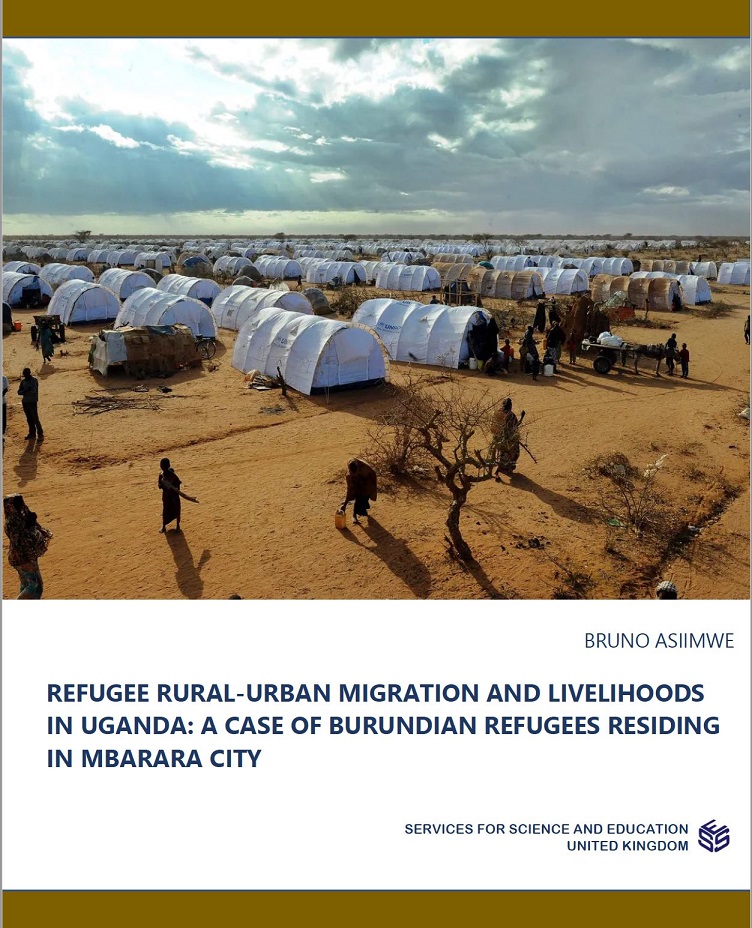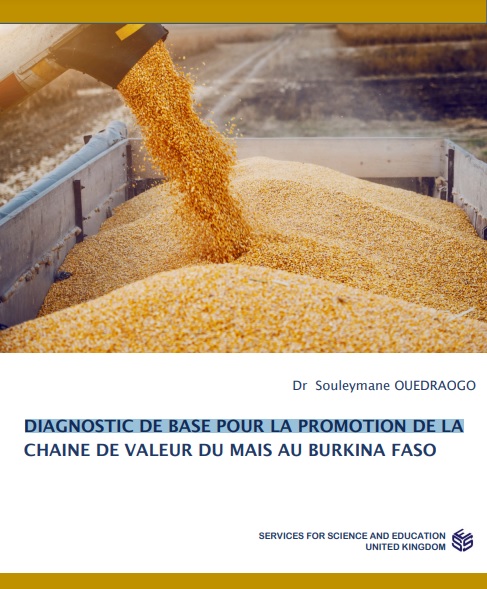Through facilitative efforts by AFTA, the Malaysian government has entered into trade agreements with other ASEAN member states. The current body of literature provides a general understanding of the effects of trade policies on developing nations, but it does not provide specifics, such as what those trade policies are or what the measurable consequences of those trade policies are in regard to a given industry or even a specific developing nation. The purpose of this study was to explore the measurable consequences of the AFTA trade liberalization policies on Malaysia’s automotive industry. A case study was conducted using the triangulation of empirical statistical data collected from secondary sources, an analysis of policy documents, and from qualitative interviews conducted with consumers, automotive industry workers, and experts in the automotive industry or in the realm of policy analysis and trade politics. The Malaysian government entered into trade agreements out of a desire to protect domestic industry, with a focus on protecting the automotive industry. While economic growth has been high for the past several decades, the automotive industry is still developing, and the country’s classification remains that of a developing nation. The two primary policies influencing the automotive industry in Malaysia are the National Automotive Policy (NAP) and the Common Effective Preferential Tariff (CEPT). A review of the results showed that consumers had the lowest level of awareness of policies influencing the automotive industry, even though they were in the stakeholder group most affected by the implementation of those policies. Synthesis of data from the analysed interviews indicated that the effects of Malaysia’s entry into AFTA on the automotive industry have been both deep and far-reaching, but that no one group is aware of all of the measurable consequences of those trade agreements, or that the trade agreements have resulted in positive changes for the country as a whole. The iv researcher identified several recommendations that, if implemented, may work to increase the beneficence of implemented policies. Through the completion of the study, the current national strategies for Malaysia were identified, the policies adopted by Malaysia were identified, and the measurable consequences of those policies within the automotive industry were discussed


